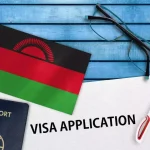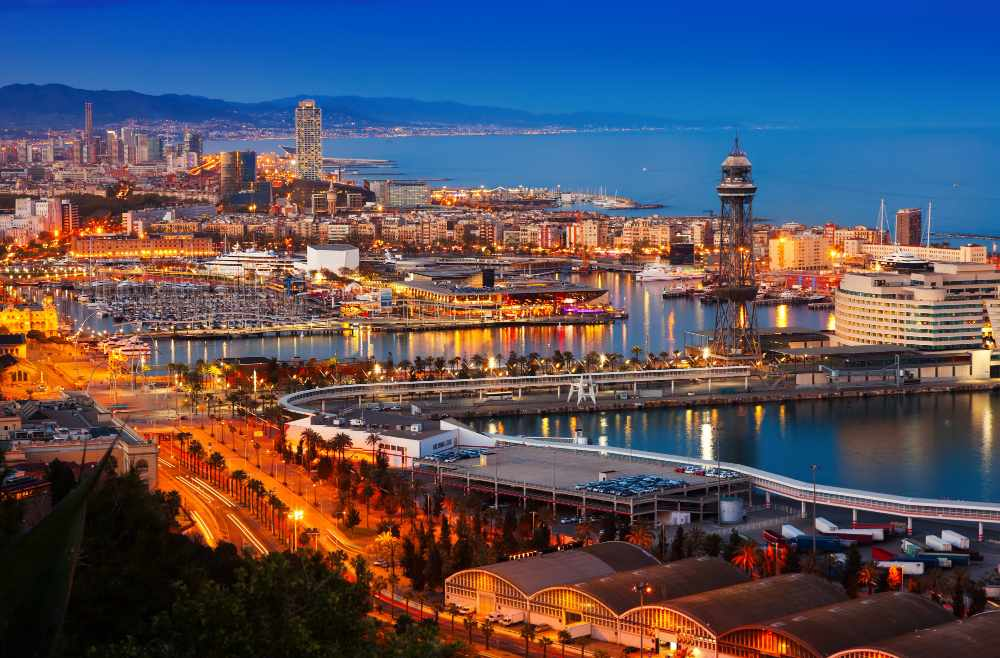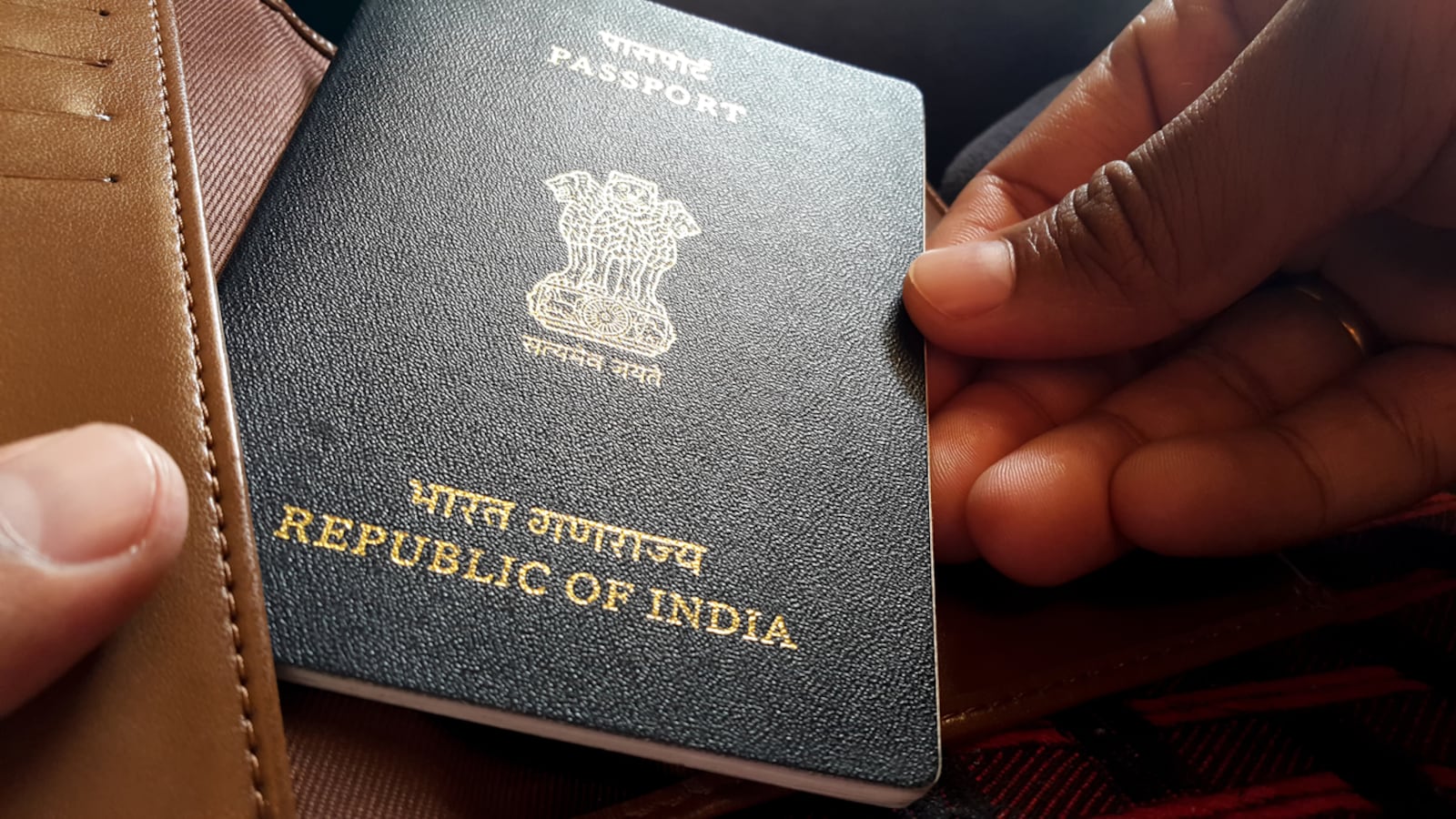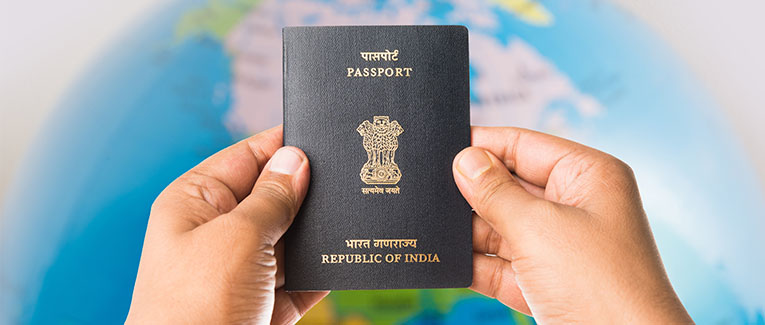Are you a Portuguese citizen dreaming of exploring the vibrant colors, rich history, and cultural wonders of India? Look no further! We have prepared an ultimate guide that will take you through every step of obtaining an Indian visa seamlessly. From understanding the various types of visas to navigating the application process with ease, we’ve got you covered. Get ready to embark on an unforgettable journey as we unlock the doors to your Indian adventure! INDIAN VISA FOR PORTUGUESE CITIZENS
Introduction to Indian Visas and the Importance of Obtaining One
Introduction to Indian Visas:
India, with its vibrant culture, rich history, and beautiful landscapes, is a popular tourist destination for people from all over the world. The country offers a diverse range of experiences, from exploring ancient monuments and temples to immersing oneself in bustling cities and serene natural surroundings. If you are a Portuguese citizen planning to visit India, you will need to obtain an Indian visa before your trip.
An Indian visa is an official document issued by the Indian government that allows foreign citizens to enter the country for various purposes such as tourism, business, medical treatment or education. The type of visa required depends on the purpose and duration of your stay in India.
The Importance of Obtaining an Indian Visa:
Obtaining an Indian visa is essential for Portuguese citizens who wish to visit India. Without a valid visa, entry into the country will not be permitted. It is crucial to understand that no one can enter India without proper documentation because it helps maintain security and control over who enters and exits the country.
Moreover, having a valid visa also ensures that you have met all the necessary requirements set by the Indian government for foreign visitors. This includes having adequate travel insurance coverage during your stay in India. INDIAN EVISA FOR UK CITIZENS
Another vital reason for obtaining an Indian visa is that it provides legal permission to stay in the country for a specified period. Overstaying your visa can result in hefty fines or even deportation from India. Therefore, it is crucial to understand the rules and regulations surrounding visas before applying for one
Understanding the Different Types of Indian Visas (Tourist, Business, eVisa)
In order to travel to India, Portuguese citizens are required to obtain a valid visa. However, it is important to understand that there are different types of visas available for individuals depending on the purpose of their visit. This section will delve into the different types of Indian visas and provide information on which one is most suitable for tourists, business travelers, and those eligible for eVisa.
1. Tourist Visa:
As the name suggests, a tourist visa is issued to foreigners who wish to visit India for tourism purposes such as sightseeing or visiting friends and family. It is typically valid for 6 months with multiple entries allowed and stays limited to 90 days per visit. This type of visa can be applied online through the Indian government’s official website or through an Indian embassy/consulate in Portugal.
2. Business Visa:
A business visa is issued to individuals traveling to India for business-related activities such as attending conferences, meetings, or exploring potential business opportunities. The validity period can range from 6 months to 5 years with multiple entries allowed and a maximum stay of 180 days per visit. Similar to a tourist visa, this type can also be applied online or through an embassy/consulate.
3. eVisa:
Introduced in 2014, eVisa has made the process of obtaining an Indian visa much easier and faster for certain nationalities including Portuguese citizens. It allows visitors entry into India for tourism, business or medical purposes without having to physically apply at an embassy/
Step-by-Step Guide to Obtaining an Indian Visa for Portuguese Citizens
Step 1: Determine the Type of Visa Needed
The first step in obtaining an Indian visa for Portuguese citizens is to determine the type of visa needed. India offers various types of visas, including tourist visas, business visas, employment visas, and student visas. It is important to apply for the correct type of visa as each has its own specific requirements.
Step 2: Gather Required Documents
Once you have determined the type of visa you need, gather all the necessary documents. This may include a valid passport with at least six months validity remaining, recent passport-sized photographs, a completed visa application form, proof of travel arrangements (such as flight bookings), and any other supporting documents required for your specific visa category.
Step 3: Fill out Online Application Form
All applicants are now required to fill out an online application form through the Indian government’s official website -. Make sure to provide accurate and complete information on the form as any discrepancies or false information could result in your application being rejected.
Step 4: Pay Visa Fees
After completing the online application form, you will be prompted to pay the applicable visa fees. The fees can vary depending on the type of visa and processing time chosen. You can make payment using a credit or debit card or through net banking.
Step 5: Schedule Biometrics Appointment
Once you have paid your fees, you will need to schedule an appointment at one of the Indian Visa Application Centers (IVAC) nearest
Preparing necessary documents
Obtaining an Indian visa as a Portuguese citizen requires the preparation of various necessary documents. These documents are essential in proving your eligibility and purpose for travel to India.
1. Valid Passport:
The most important document required for obtaining an Indian visa is a valid passport. It should have at least six months validity remaining from the date of entry into India and at least two blank pages for stamping by the immigration officer.
2. Visa Application Form:
The next step is to fill out the online visa application form on the Indian government’s official website, which can be accessed through the Indian embassy or consulate in Portugal. The application form must be completed accurately and with all required information.
3. Recent Photograph:
You will also need to provide a recent colored photograph of yourself with the dimensions of 2×2 inches (51mm x 51mm) against a white background. The photo should not be more than six months old and must show your full face without any headwear or sunglasses.
4. Proof of Travel:
To obtain an Indian visa, you need to submit proof of confirmed travel plans such as flight tickets, hotel reservations, or tour itinerary showing your intended dates of arrival and departure from India.
5. Proof of Accommodation:
If you are traveling on tourism purposes, you will also need to provide proof of accommodation during your stay in India, such as hotel bookings or an invitation letter from your host if staying with family or friends.
6. Financial Documents:
You may also need to provide
Common Mistakes to Avoid During the Application Process
The application process for obtaining an Indian visa can be a daunting task, especially for Portuguese citizens who may not be familiar with the requirements and procedures. In order to avoid any delays or complications, it is important to carefully and thoroughly complete the application form. In this section, we will discuss some common mistakes that applicants make during the application process and provide tips on how to avoid them.
1. Incomplete or incorrect information: One of the most common mistakes made by applicants is providing incomplete or incorrect information in their visa application form. This can result in delays or even rejection of the visa. It is crucial to double-check all the details entered in the form before submitting it. Make sure your personal information, travel dates, and purpose of visit are accurate and match your supporting documents.
2. Neglecting required documents: The Indian government has specific requirements for supporting documents that must be submitted along with the visa application form. Some applicants may overlook certain documents or fail to provide them in the specified format, leading to delay or rejection of their visa. It is important to carefully review all required documents and ensure they are complete as per the guidelines provided.
3. Applying for wrong type of visa: Another mistake commonly made by applicants is applying for the wrong type of visa based on their purpose of visit. For example, if you are planning a holiday trip, you should apply for a tourist visa instead of a business or work visa. Applying for an incorrect type of visa can lead to rejection and further delay in





























